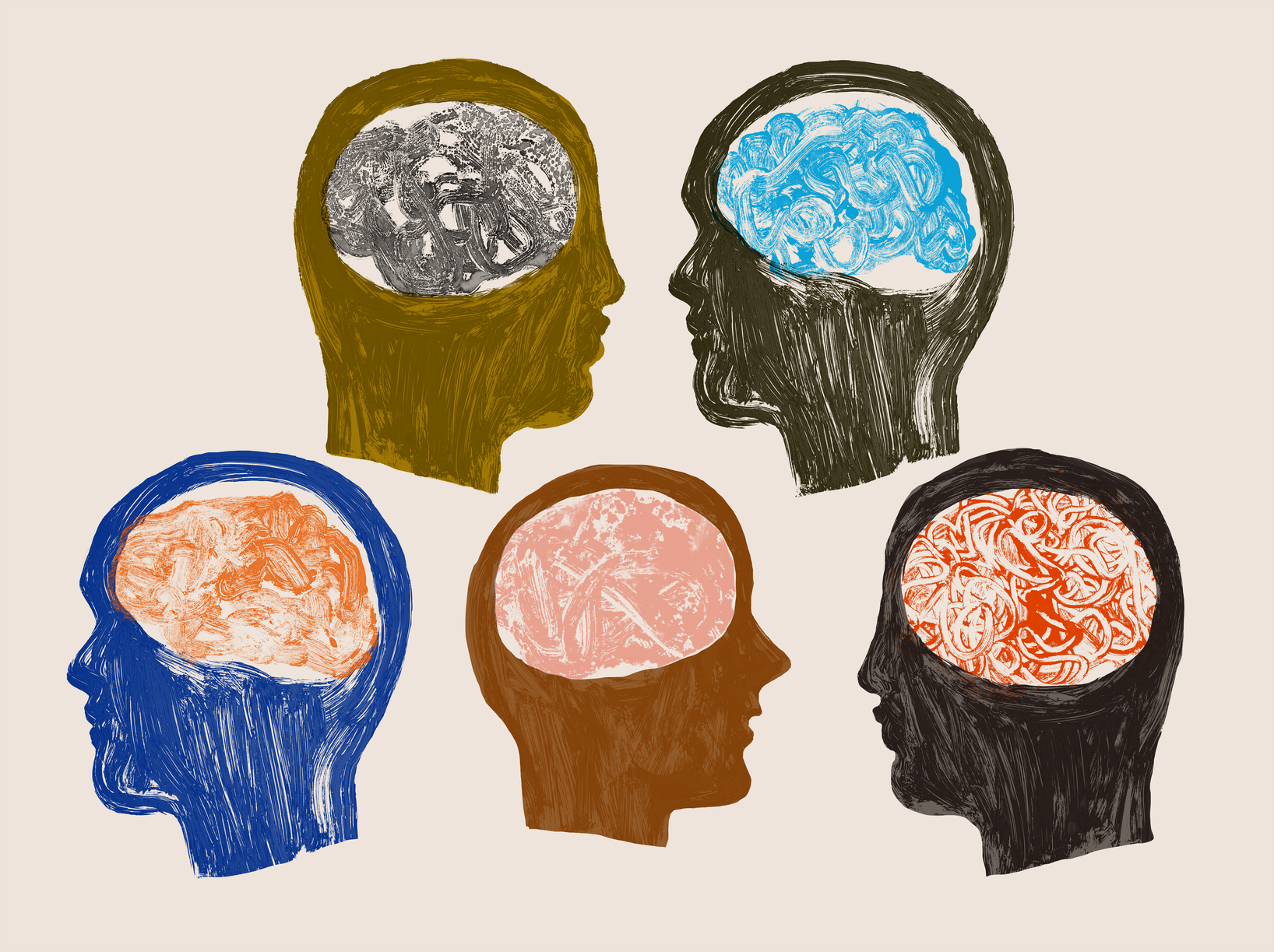Eye Movement Desensitization and Reprocessing (EMDR) is an evidenced- based therapy approach that historically was used to treat trauma but has since been shown to provide positive effects for a wide variety of mental health concerns. EMDR was first developed by Dr. Francine Shapiro in the 1980’s. Dr. Shapiro discovered that using eye movements and other forms of bilateral stimulation can help to access memories. The goal of EMDR is to utilize forms of bilateral stimulation (example, eye movement or tapping) to target the negative neural networks associated with a distressing concern or event and reprocess it towards a positive, more adaptive way of thinking and feeling. EMDR is a great stand alone treatment and supplement to traditional talk therapy as it utilizes the brain’s natural abilities to help you heal and connects you to the body’s physical experiences and sensations.
The EMDR process is completed in 8 phases and the number of sessions needed often depends on the complexity of the issue you are presenting with. Phases include:
- Treatment Planning– The process begins with us gathering your history and creating a plan to address your presenting concerns.
- Preparation– During this phase we will work together to ensure that you have strategies for coping and determine if there are any considerations before we move into the next phase.
- Assessment– We will identify the event or concern that you would like to process and take measurements so that we can track the progress being made.
- Desensitization– In this phase, we will begin utilizing bilateral stimulation (eye movements or tapping) to help desensitize the concern and work towards reducing measurements of distress.
- Installation– In this phase we will utilize bilateral stimulation to help strengthen and reinforce the positive feelings or thoughts and work towards increasing measurements of validity.
- Body Scan– During this phase you will connect to any physical sensations to help process any lingering concerns.
- Closure– At this point we will utilize grounding techniques to return to a state of calm.
- Re-evaluation– Finally, we will review the concern to see if negative thoughts or feelings have been reduced and determine if positive associations are present. At this point, we will collaborate to determine how to proceed.
EMDR is a safe and effective therapy and has been recommended by organizations such as the World Health Organization (WHO) and American Psychiatric Association (APA). It is important to note that side effects to EMDR can include emotional discomfort, vivid dreams or even a resurfacing of memories. This makes it very important to seek a mental health professional that has been specifically trained in this approach. If you are interested in learning more about the EMDR approach and/or want to see if it is a right fit for you, please do not hesitate to reach out to me for a consultation.


